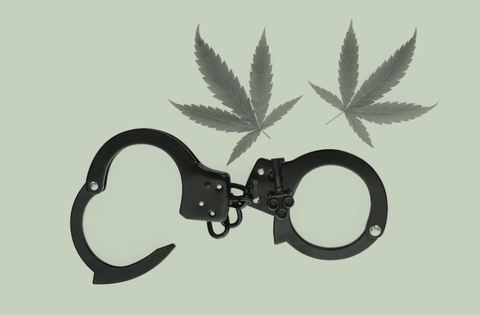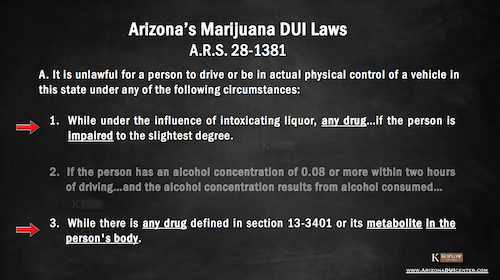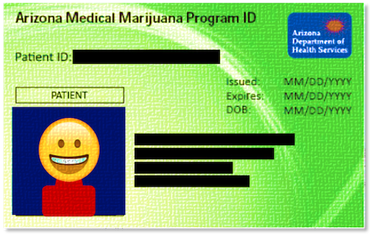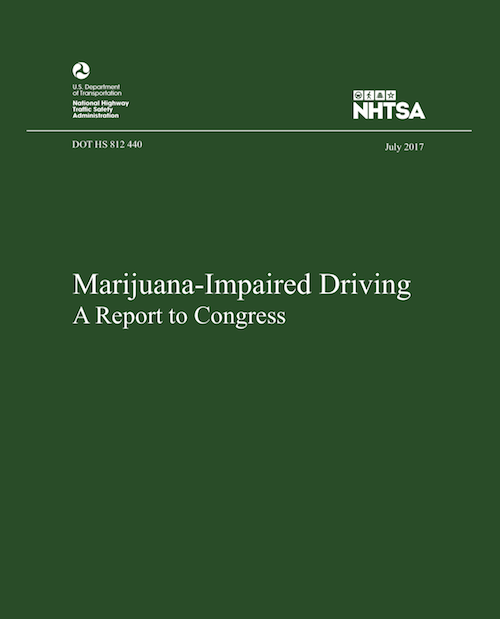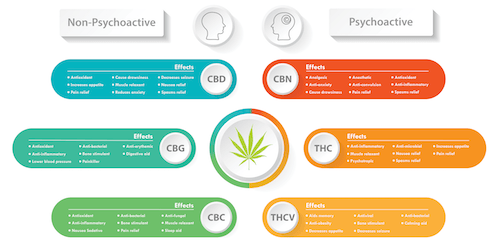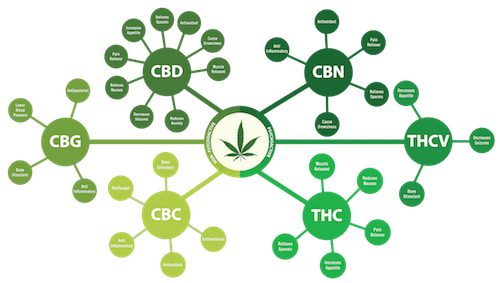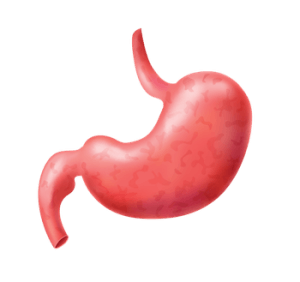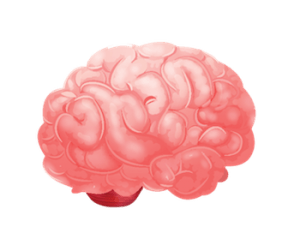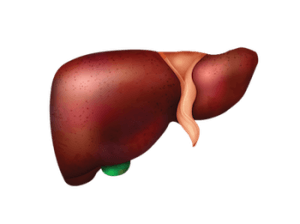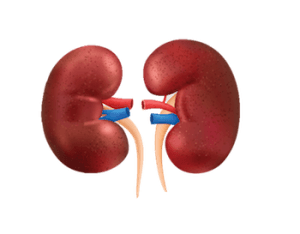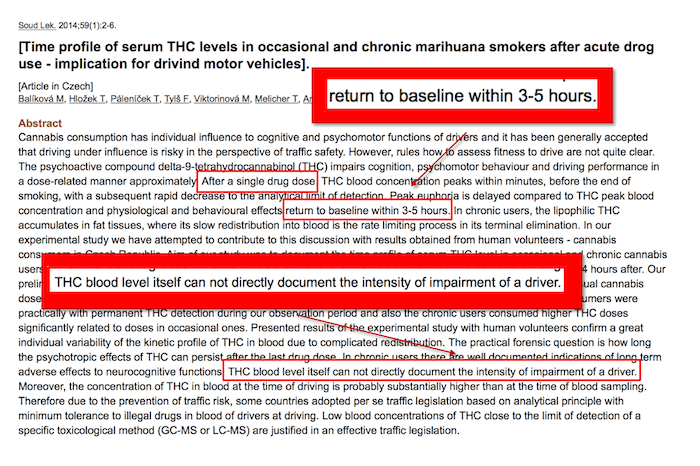Arizona's Marijuana DUI Laws: The Definitive Guide
PROVEN MARIJUANA DUI LAYWERS IN PHOENIX and Scottsdale, AZ
If you are arrested for a marijuana DUI in Scottsdale, Phoenix or another city in Arizona then there are some things you need to know.
The different ways you can be charged with a Marijuana DUI in plain English
The meaning of a per se violation for prior use
Step-by-step guidance on how to use Medical Marijuana as a defense.
Ready to Fix This?
Most people don’t realize that there is more than one way to violate Arizona’s Marijuana DUI laws in Arizona. Actually, there are two distinct ways the consumption of marijuana can result in a DUI under Arizona law.
In plain English, the law provides it’s illegal to drive (or be in actual physical control) of a car while either:
- Impaired by marijuana, or
- Having a form of the drug in your body without a valid medical marijuana card.
However, if you drive after any potential effects of marijuana have subsided then it’s legal to drive with a medical marijuana card. Arizona law has determined this is an affirmative defense.
Accordingly, having a medical marijuana card is not a complete defense. A valid card does not permit you to drive under the influence of marijuana to the point of impaired.
Here is the tricky part: law enforcement does not have a valid method to determine to impairment caused by marijuana. They claim to have something called a “Drug Recognition Evaluation,” but it lacks any scientific validity.
This is a little nuts:
Imagined you consume marijuana on a Sunday. However, you don’t have a medical marijuana card. The next day, well after the effects of the drug have worn off, you go to work. After putting in a full day’s work you drive home. Under the current version of Arizona’s law, your prior use of Marijuana, results in a DUI – despite the fact you are not impaired…to any degree.
The Legal Danger of Prior Use
Arizona Marijuana DUI laws present a real risk of convicting innocent people from prior use. A primary reason is legislation that contradicts what science tells us is true about the drug. However, recently much of the scientific reality about marijuana has made its way to a number of higher courts. This includes the Arizona Supreme Court. As a result, the current state of Arizona law provides that longer periods of prior marijuana use should not, alone, support a DUI conviction.
However, while many of the myths about the meaning of a positive marijuana test result have been discarded – the world views of the people that previously prosecuted such cases still remain. These world views are plainly evident in the way some jurisdictions now prosecute alleged marijuana DUI cases based upon junk science.
While no reasonable person would advocate for a person to drive while impaired by a drug, what should be equally concerning is the wrongful prosecution of someone based up a scientific-sounding opinion lacking any basis in real science. After all, the American justice system was founded on the fundamental principle that “it is far worse to convict an innocent man than to let a guilty man go free.” In re Winship, 397 U.S. 358, 372, 90 S. Ct. 1068, 1077, 25 L. Ed. 2d 368 (1970).
Marijuana or Cannabis?
What is the difference between marijuana and cannabis? For the most, part the answer is the people who use each term. Both labels refer to the same thing: the cannabis plant. Scientists use the term cannabis. The rest of us often use the term marijuana or slang version of the word.
In order to understand what the law prohibits we need to define some terms referenced by Arizona marijuana laws. The includes what we commonly refer to as marijuana.
What Are Cannabinoids?
You may have also heard the term “cannabinoids.” The cannabis plant has an estimated over 400 chemicals. And over 60 of these chemicals, make up the class of chemicals called cannabinoids. Cannabinoids interact with receptors within your central nervous system to produce their effects. There are several subclasses of cannabinoids.
For example:
- Tetrahydrocannabinols (THC)
- Cannabidiols (CBD)
- Cannabigerols (CBG)
- Cannabichromenes (CBC)
- Cannabinol (CBN)
- Cannabinodiol (CBDL)
- Cannabicyclol (CBL)
- Cannabielsoin (CBE)
- Cannabitriol (CBT)
What Does “Pharmacokinetics” Mean?
The term describes how drugs (including alcohol) get into the body and then leave the body. There are four (4) different phases of pharmacokinetics: Absorption, Distribution, Metabolism, and Elimination.
Absorption
Distribution
Critical Point:
The terms “ACTIVE” and “INACTIVE” are often misunderstood and used in a misleading manner during the litigation of DUI cases.
For example, Hydroxy-THC is called an active metabolite of THC without further explanation. This creates the FALSE ASSUMPTION that having an active metabolite in your body equals impairment.
However, an active metabolite (like Hydroxy-THC) merely means you have a chemical in your body that was capable of causing impairment.
Duration of Effects
Where Endangerment, unlike aggravated assault, requires that victim actually be placed in a substantial risk of imminent death or physical injury, endangerment is not a lesser included offense of aggravated assault, and thus the defendant was not entitled to an instruction on this offense in aggravated assault prosecution. See State v. Rineer, 131 Ariz. 147, 639 P.2d 337 (App. 1981).
How long does marijuana affect you?
Based on a variety of factors marijuana affect each person differently. However, typically the duration of its effects last approximately 3-5 hours.
At the same time, some studies have detected THC in the blood at 30 days post-ingestion (Heustis, 2007). Accordingly, THC can be detected in your blood long after ingestion and long after the psychoactive effects of it have subsided.
Marijuana Impairment
As reiterated by NHTSA, there are “currently no evidence-based methods to detect marijuana-impaired driving.” See, NHTSA, Report to United States Congress, p. 13.
Ishak v. McClennen, 241 Ariz. 364, 368, ¶ 16, 388 P.3d 1, 5 (App. 2016) (unlike alcohol, there is no universal limit for marijuana impairment)
The effects of alcohol consumption on things like judgment and cognition correlate well with an alcohol concentration. However, the same is not true with marijuana. In the studies that have examined the relationship between THC levels and impairment have found that the level of THC in the blood and the degree of impairment do not appear to closely correlate.
- No valid correlation between the pharmacologic effects of THC and its concentration in human blood.
- Field Sobriety Tests done on roadsides were not designed, nor validated, for impairment. They are merely a screening test to help identify an alcohol concentration above a legal limit.
- THC affects the brain differently than alcohol. A venous blood sample containing a THC concentration – is not the same as the brain THC concentration – at the time the blood sample is collected.
- THC affects the brain differently than alcohol. A venous blood sample containing a THC concentration – is not the same as the brain THC concentration – at the time the blood sample is collected. A brain THC concentration can only be collected in post-mortem samples.
The Problem of Per Se Arizona Marijuana DUI Laws
Most states, including Arizona, do not have a per se limit for a concentration of THC in DUI cases. One potential reason likely has to do with the fact: frequent marijuana users will have a basal level of THC in their blood that often exceed 5 ng.
- An Evaluation of Data from Drivers Arrested for Driving Under the Influence in Relation to Per Se Limits for Cannabis. By the AAA Foundation for Traffic Safety. This study examines the relationship between toxicological test results and performance on a battery of physiological and psychomotor measures used by law enforcement officers among drivers arrested for DUI.
Conclusions:
- All of the candidate THC concentration thresholds examined would have misclassified a substantial number of drivers as impaired who did not demonstrate impairment on the SFST, and would have misclassified a substantial number of drivers as unimpaired who did demonstrate impairment on the SFST Based on this analysis, a quantitative threshold for per se laws for THC following cannabis use cannot be scientifically supported
- Based on this analysis, a quantitative threshold for per se laws for THC following cannabis use cannot be scientifically supported.
Medical Marijuana Cards
Length of Permit
Arizona Medical Marijuana Act identification cards and registration certificates are now valid for two years instead of one year after the date of issue.
- Sections amended: §§6-2801 36‐2803, 36-2804.01, 36-2804.05, 36-2804.06, 36‐2806, 36‐2810, 36‐2816, 36-2819. Sections added: §§36‐2803.01, 36‐2804.07, 36‐2820 and 36‐2821
Industrial Hemp
- In the 2018 enactment is provides: that the propagation, manufacturing, distribution and market research is subject to regulation by the Department of Agriculture and violations of Title 3, Article 41 pertaining to industrial hemp are a Class 1 Misdemeanor.
- Changed the effective date of laws regarding industrial hemp from August 1, 2019, to June 1, 2019.
- It is also an affirmative defense to prosecution for possession or cultivation of marijuana if the accused is an industrial hemp licensee or designee or agent of a licensee in compliance with the statute.
- It is not a defense to prosecution for possession, sale, transportation or distribution of marijuana if the product is not industrial hemp.
Emergency Clause, effective Date: February 20, 2019
Sections amended: Amends Laws 2018, Chapter 287, Section 7 and Section 9
Important Marijuana Case Law in Arizona
- State v. Jones (2019)
Arizona Supreme Court held Cannabis Concentrates are Protected Under Arizona Medical Marijuana Act (AMMA). The holding ruled something that was already seemingly obvious to most – the definition of marijuana goes beyond just lower and leaf form of the plant. It also includes cannabis resin.
- State v. Maestas (2018)
Adding to the list of locations where possession of marijuana is prohibited under the Arizona Medical Marijuana Act (AMMA, § 15-108(A)) violated the Voter Protection Act (VPA) and was unconstitutional as applied to AMMA-compliant marijuana users on a public college or university campus.
- Ishak v. McClennen (2018)
Describe the item or answer the question so that site The Arizona Court of Appeals held:
- Precluding a defendant from offering evidence to support an affirmative defense that the marijuana metabolite concentration in his system was insufficient to cause impairment was erroneous;
- The lower court’s error was not harmless; and
- The defendant could establish defense by showing by a preponderance of the evidence that the marijuana metabolite concentration in his system was insufficient to cause him to be impaired at the time he operated or was in actual physical control of a vehicle.visitors who are interested get more information. You can emphasize this text with bullets, italics or bold, and add links.
Arizona Marijuana DUI Laws FAQS
- How to test under the influence of marijuana?
A chemical test cannot determine if you are impaired by THC. The only thing a blood, urine or saliva test can do is show prior use of the drug.
- What are the signs someone may be impaired by marijuana?
There are many legitimate signs and symptoms that a person may be impaired marijuana, but unfortunately, investigations often go well beyond actual science. For example, law enforcement will often testify they a green tongue means a person is impaired by marijuana. This proposition has no basis in science yet it taught by the National Highway Traffic & Safety Administration to officers across the United States.
One court that looked into NHTSA’s green tongue theory found: State has presented nothing, no scientific studies and no case law or other authority, to support the reliability of the trooper’s concern regarding the condition of Hechtle’s tongue. Cf. State v. Wheeler, No. 24397–1–II, 100 Wash.App. 1062, 2000 WL 646511, *2 n. 2, 2000 Wash.App. LEXIS 779, *7 n. 2 (Wash.Ct.App. May 19, 2000) (“Although we assume the officer’s assertion to be true for the purposes of this opinion, we are nevertheless skeptical as to its accuracy. We find no case stating that recent marijuana usage leads to a green tongue.”). State v. Hechtle, 2004 UT App 96, ¶ 13, 89 P.3d 185, 190
Even the Arizona Court of Appeals has held the mere “scent of marijuana, standing alone, is insufficient evidence of criminal activity to supply probable cause for a search warrant.” State v. Sisco, 2 CA-CR 2014-0181, 2015 WL 4429575, at *1 (2015)
- What is THC?
THC is also known as “Delta-9-tetrahydrocannabinol” or delta-9-THC and is the primary psychoactive constituent in marijuana (cannabis). Enzymes in your live alter it into other substances called metabolites. This the chemical that produces a "high" and can result in impairment.
- What is Hydroxy THC?
Hydroxy THC is the primary metabolite of THC. Think of Hydroxy-THC as the child created by THC. Enzymes in your liver convert THC (delta-9-THC) into Hydroxy-THC (11-OH-THC). Hydroxy-THC is a psychoactive drug. This means it is capable of causing impairment.
- What is Carboxy-THC?
Consider Carboxy-THC as the grandchild of THC. It's a secondary metabolite. After being converted to Hydroxy-THC, it is eventually metabolized into Carboxy-THC. Carboxy-THC is not psychoactive. It is not capable of causing impairment.
- What are Cannabinoids?
Cannabinoids are the active constituents in cannabis.
- How does Marijuana effect the human body?
It is common knowledge that the higher your alcohol concentration, the more severe your intoxication. However, marijuana does not affect you the same as alcohol. The highest levels of the active part of marijuana (THC) are usually in your blood within about 3 to 10 minutes following inhalation. This does not mean the concentration of the drug will be at its highest level in that time frame. The concentration of THC in a blood sample simply has no correlation with a level of impairment. Marijuana’s maximum influence on your performance usually manifests in 20 to 40 minutes after inhalation, yet this is also during the time period when your THC levels are rapidly falling. (Sewell et al., 2009). Science has yet to meaningfully quantify how and to what extent marijuana impairs us. While it is “well established that alcohol consumption increases accident risk, evidence of cannabis’ culpability in on-road driving accidents and injury is far less robust” (Armentano, 2013). In sum, the presence of marijuana in your blood is simply not a reliable indicator of psychomotor impairment.
- What is drug metabolism?
Describe the item or answer the question so that site visAfter consuming marijuana (cannabis) it's broken down by your liver. Drug metabolism is what your body does to a drug to eliminate it. It is also called xenobiotic metabolism. The rate of metabolism determines the duration of a drug's pharmacologic action. itors who are interested get more information. You can emphasize this text with bullets, italics or bold, and add links.
"Lawrence represents very high-profile clients who greatly depend on a good outcome, and this guy will deliver.
This is a prosecutor's worst nightmare, and it should be that way if you need an attorney."
- David E.
Real Client's Husband, Phoenix, AZ
Hiring an Experienced Marijuana DUI Attorney in Phoenix
Arizona DUI law is extremely complicated and has severe consequences. DUI law is commonly referred to as a minefield. An attorney must be competent in the Arizona Rules of “Criminal” Procedure, the Arizona Rules of Evidence, the United States and Arizona Constitutions, and the Arizona Department of Motor Vehicles Rules and Regulations.
An attorney cannot do anything for you unless he or she has extensive experience in these areas. Police officers are only human and do commit legal errors. However, only an experienced DUI attorney will be able to find these errors and use them to help his or her client.
You should choose an experienced DUI attorney for the same reason you should choose a qualified doctor. If you break your wrist, you go to a doctor that specializes in wrist injuries. When you are charged with a DUI, you should hire a qualified DUI attorney.
An experienced Arizona DUI attorney can analyze your case for legal errors and defenses. He or she can have blood samples independently analyzed, look for suppression issues, review calibration / COBRA records of breath machines, find the right expert witnesses for your trial, and assist you with your driver’s license issues.
For more information, call our office at (602) 494-3444 or visit our contact page.
What Real People Are Saying
That is, DUI cases actually dismissed. Verifiable not guilty verdicts. Blood alcohol evidence truly suppressed as witnessed by judges, other lawyers, and newspapers.
Real Client's Husband, Phoenix, AZ
"Lawrence represents very high-profile clients who greatly depend on a good outcome, and this guy will deliver.
This is a prosecutors' worse nightmare, and it should be that way if you need an attorney."
- David E.
REAL CLIENT, PHOENIX, AZ
It was miracle!... A lot of people don't really understand the benefit of having an attorney who used to be a prosecutor. They know all the little tricks and scare tactics the state has as opposed to just hiring an attorney who is a little fish in a big pond."
- Joe C.
Contact Us Today!
For more information, call our office at (602) 494-3444 or fill out the form and we will get back to you.
Contact Us
We will get back to you as soon as possible.
Please try again later.
Arizona DUI Blog



DUI Library
The best DUI defense stuff that only a few know and none want to share. A one of a kind annotated resource for lawyers, people accused, or anyone who wants to see what’s going on in our justice system with DUI cases…and how to fix it.
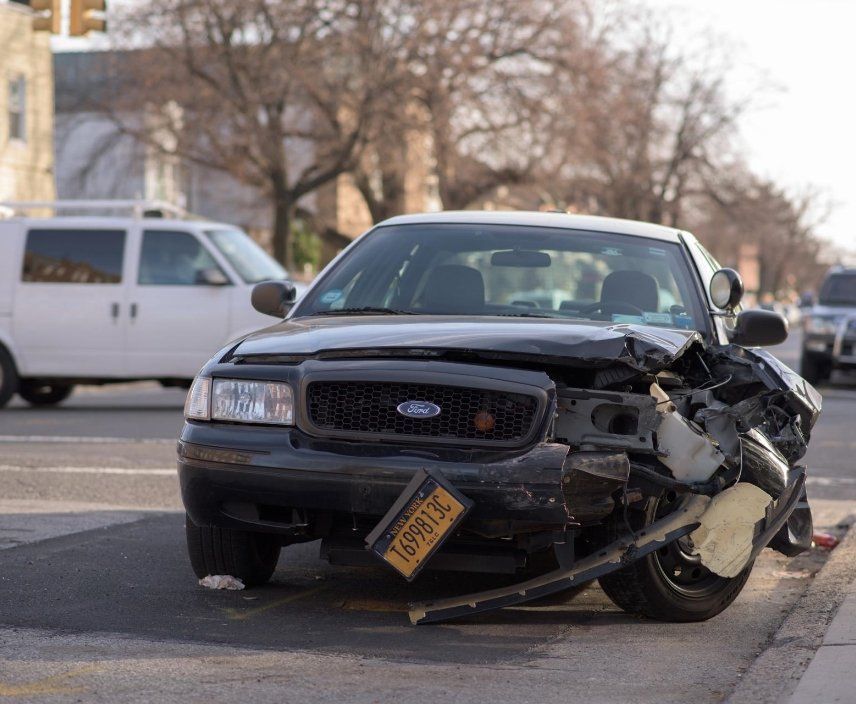
Contact Information
Office Hours
- Mon - Fri
- -
- Sat - Sun
- Closed
What Happens After You Reach Out
A team member will begin reviewing your case.
We will contact you to ask questions and go over your options.
We will determine, together with you, what makes sense for the next step for you and your family to take.
Ready to Fix This?
Contact Us
We will get back to you as soon as possible.
Please try again later.
OUR SERVICES
QUICK LINKS
CONTACT US


